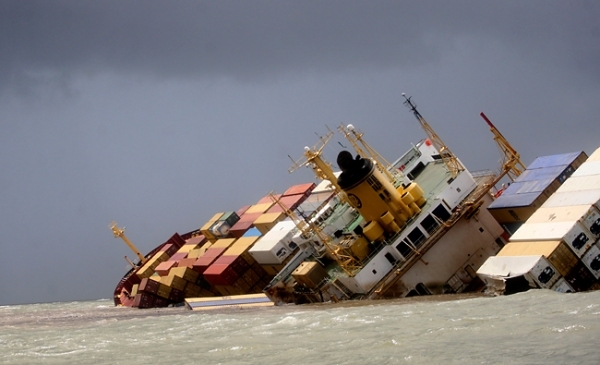Located along shorelines, seaports are highly vulnerable to coastal and marine natural disasters. Damage caused by disasters can be prevented or alleviated if sufficient investments are made in a timely manner. However, despite a wide range of investment options and well-developed engineering expertise, port investment on disaster prevention remains a challenging task involving great complexities.
PortEconomics associate member Adolf Ng along Yi-bin Xiao (University of Electronic Science and Technology of China), Xiaowen Fu (University of Sydney) and Anming Zhang (University of British Columbia) developed an integrated economic model for the analysis of disaster-prevention investments at a “landlord” port. Their study- published in the Transportation Research Part B, issue 78- simultaneously considers the uncertainty of disaster occurrence and associated return of prevention investments, the information accumulation and related investment timing, and the benefit spillovers of investment among stakeholders. The analysis shows that the timing of port investments depends on the probability of disasters. Immediate investment is optimal for disasters with very high probability, while investment should be postponed if such a probability is very low. Optimal timing for cases of intermediate probability cannot be determined analytically, as it is influenced by other factors such as discount rate, information accumulation and efficiency of investments. Positive spillovers between a port and its tenants lead to under-investment, which can be corrected by coordination between stakeholders. However, since there are risks of “overinvestment” (the marginal benefits of investments are zero ex post if there is no disaster), government intervention is optimal only if it has a good understanding of disaster probability distribution. Therefore, scientific research would bring significant economic and strategic values to policy, planning and investment decisions.
You may download and read the study @PortEconomics.












